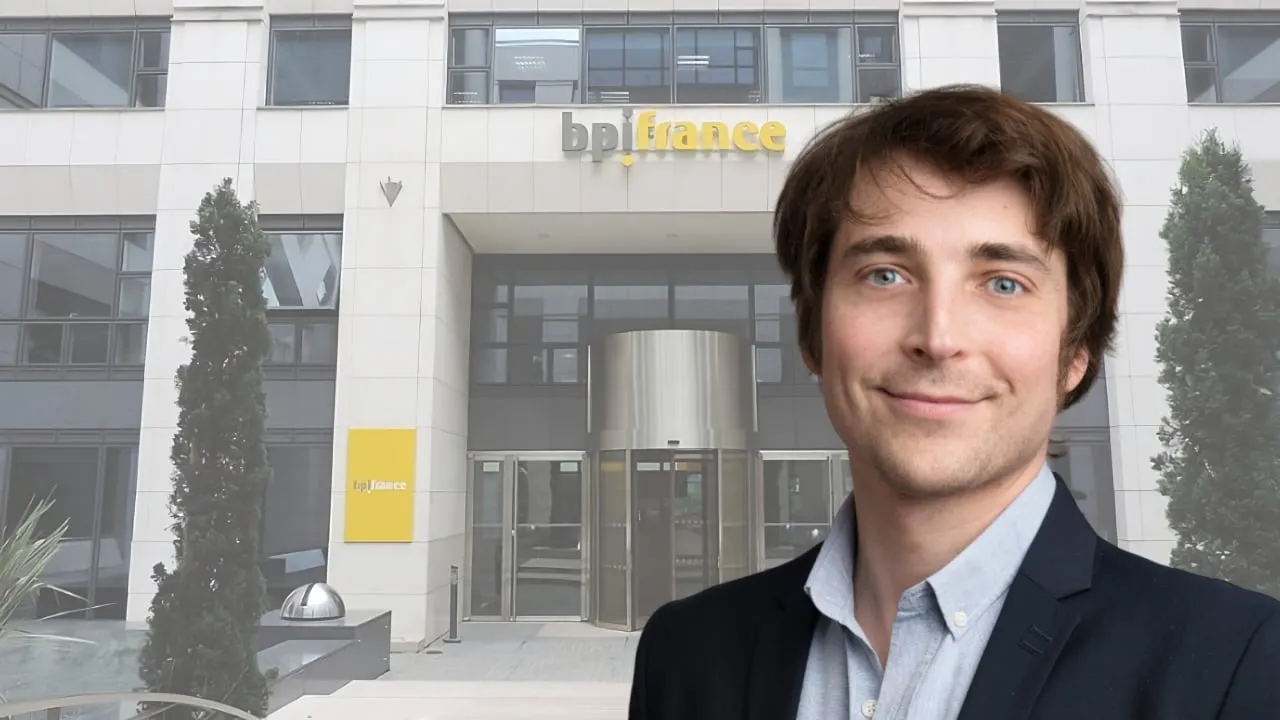French publicly funded investment bank Bpifrance entered the crypto space in 2014 with an investment in hardware wallet manufacturer Ledger.
Now it’s exploring new opportunities in the Web3 landscape, including Zero-Knowledge (ZK) proofs—and funding investment in AI.
Ivan de Lastours, Blockchain & Crypto Lead at Bpifrance, told Decrypt that ZK proofs have piqued the firm’s interest. "They may be key to the future of the internet,” he said. “If AI-generated deep fakes become more prevalent, ZK proofs could be a great solution to verify the authenticity of digital content.”
A zero-knowledge proof is a cryptographic technique used to prove that something is known without directly revealing the known information.
Bpifrance is continuing to explore new opportunities in crypto. “We've invested €50,000 in LF tokens, a French project that conducted an ICO,” said De Lastours. “Our aim was to test token acquisition in the open market, and we're pleased with the results."
AI is also an area of interest for the bank, which recently announced a fund of €50 million dedicated solely to pre-seed and seed investments in AI. The firm aims to support all tech ecosystems, including FoodTech.
A publicly funded crypto advocate
Bpifrance’s first crypto investment in Ledger was “a signal of our confidence in French innovation within the global blockchain sphere," De Lastours told Decrypt.
With a public mandate—yet operating under a private credit license—Bpifrance has a unique role. In the last year, the institution funneled €80 billion into the French economy through various means, including grants, loans, equity buyouts, fund investments, and incubator financing.
“We strive to allocate a portion of these funds to the burgeoning crypto and blockchain ecosystem in France, which comprises around 450 startups,” said De Lastours.
Bpifrance's role, however, extends beyond the provision of public funds. It promotes French blockchain and crypto businesses, guiding them through the country's unique legislative and economic landscapes.
"We're more than fund providers,” De Lastours said. “We act as publicly funded advocates for the French crypto ecosystem."
With Bpifrance's assistance, over 170 blockchain startups—including digital assets data provider Kaiko and Bitcoin Lightning Network technology pioneer Acinq—have benefited.
“We wish we could do more, but we're pleased to have the opportunity to support the French ecosystem," said de Lastours.
The bank is also instrumental in shaping crypto-friendly legislation in France. By working closely with legislators, Bpifrance has helped create a regulatory environment that encourages crypto innovation.
"Each investment we make, backed by public funds, is a testament to our belief in the project's potential to shape both the French and global crypto markets," de Lastours said.
Bpifrance's strategy remains steadfast despite market fluctuations. "Periods of a bear market are tests of resilience. As a public entity, we offer strategic guidance and continuous support, recognizing the unique dynamics of the French market," De Lastours explained.
France’s crypto strengths
When discussing the strengths of France, Bpifrance's De Lastours highlights two specific areas: DeFi and NFTs. In his view, France excels in these fields due to its robust creative culture and the presence of thriving industries such as gaming and luxury goods.
But in this type of market, the dynamics can evolve quickly. The recent announcement of an investigation targeting Binance France for offenses including “aggravated money laundering,” is a cause for concern—and one that could potentially have an impact on the local crypto ecosystem.
Investing in Web3 remains a high-risk activity, De Lastours said. As an example, he said that he considers himself lucky to not have invested in FTX.
"It's indeed a timely and fortunate reminder for us to double-check, even triple-check everything,” said De Lastours, noting that in the crypto sector, “We are aware of the risks, and part of my job is to identify potential scams."

